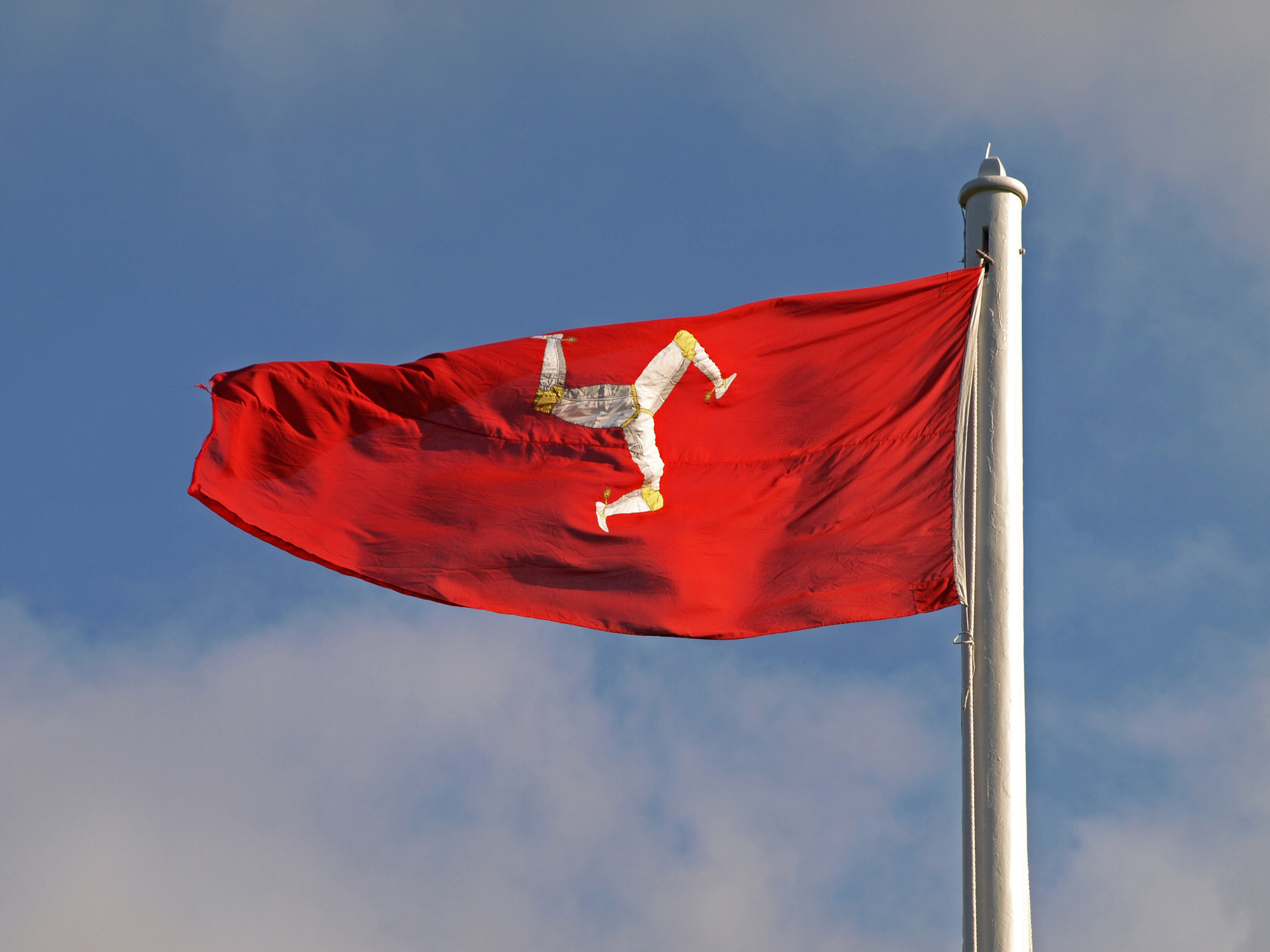In a recent parliamentary announcement, Isle of Man’s chief minister Howard Quayle responded to a question as to what action is required by the island to avoid being added to the EU tax haven blacklist.
The latest announcement follows Quayle saying in early April that the island faced the “very real danger” of being put on the blacklist.
The island is currently on the so-called EU “grey list”, jurisdictions on this list have pledged to make certain changes to their tax practices before December 2018.
If they fail to do so, then there is a possibility they will be moved to the blacklist.
High level commitment
Quayle said he made a “high level political commitment” in November 2017 to the EU Code of Conduct Group to ensure relevant businesses have “sufficient economic substance”.
“The Isle of Man has an excellent track record in relation to international tax cooperation and meets all the EU listing criteria that relate to such cooperation. It also has an excellent track record when it comes to implementing its commitments.
“The Isle of Man does not however have legal substance requirements for all relevant entities doing business in the Isle of Man and this was the concern raised by the Code of Conduct Group that we have been working to address since November 2017,” Quayle said.
The meaning of ‘substance’
Quayle said he has been seeking further clarification from the Code of Conduct Group to understand how it can address the “substance” requirements.
“We have been seeking dialogue with the Code Group and all relevant parties to understand better exactly what is required as this is a concern that had not been raised with us before and there are no international model requirements to work from.
“We have also sought the assistance from the OECD and have been working closely with Jersey and Guernsey,” Quayle said.
Quayle said the work to address the “substance” issues is difficult and time consuming but needs to be done correctly.
“I was, and remain confident that we can address any legitimate concerns of the international community in a proportionate and practical manner as we have always successfully achieved in the past,” Quayle said.
He said any legislative changes that are required to avoid backlisting would go through a consultation process.








